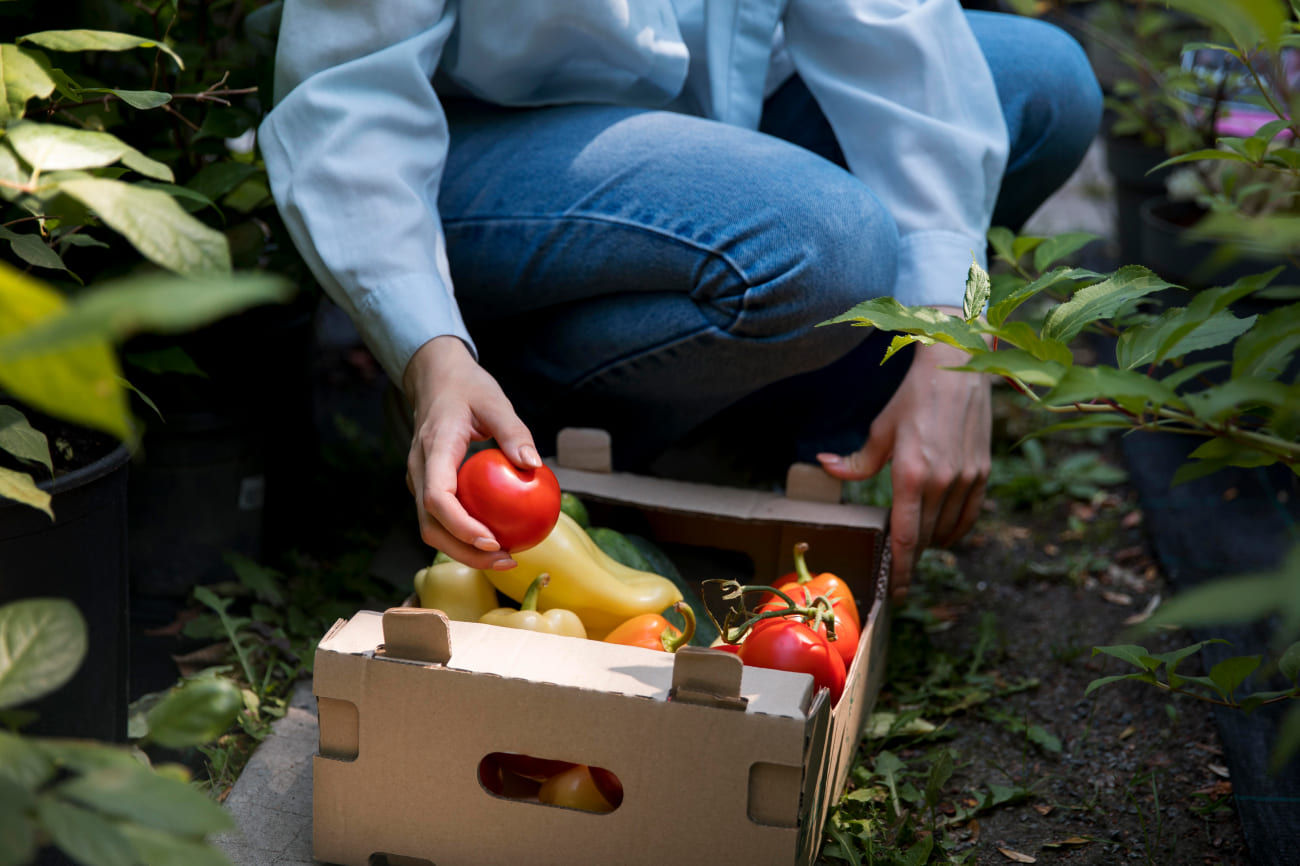Vegetable Packing Jobs: A Key Role in the Food Supply Chain

As the demand for fresh produce rises, the need for skilled workers in vegetable packing has also grown significantly in warehouses, packing plants, or agricultural facilities where large produce volumes are processed daily.
Vegetable packing jobs are vital in the food supply chain, ensuring fresh produce reaches grocery stores and consumers in optimal condition. In this blog, we’ll explore the nature of vegetable packing jobs for individuals seeking hands-on agricultural and food industry experience.
-
What are Vegetable Packing Jobs?
Vegetable packing jobs involve sorting, washing, grading, and packaging fresh produce to prepare it for distribution. Workers in these roles ensure that vegetables meet quality standards, are safely packaged, and are ready for shipment. The process typically begins with washing and grading the vegetables to remove dirt and check for defects. Next, workers pack the produce into boxes, crates, or bags for shipping.
-
The Importance of Vegetable Packing Jobs
A vegetable packer's role extends beyond logistics. Here are some essential responsibilities:
-
Ensuring quality and freshness
One of the primary responsibilities of vegetable packers is to ensure the quality and freshness of the produce. By meticulously inspecting each vegetable, packers help maintain high standards, crucial for customer satisfaction and health. Fresh, high-quality produce tastes better and offers greater nutritional value.
-
Reducing waste
Vegetable packers reduce food waste by carefully selecting and packaging vegetables. Instead of discarding vegetables, they repurpose damaged or subpar vegetables for other uses, such as animal feed or compost. This sustainable practice minimizes waste and maximizes the use of available resources.
-
Supporting the supply chain
Vegetable packing jobs are critical to ensuring the efficiency of the agricultural supply chain. Packers ensure that produce is safely packed and ready for transport, which helps maintain a steady flow of goods from farms to markets.
-
-
The Typical Work Environment
Vegetable packing jobs are performed in dynamic environments emphasizing efficiency, safety, and adaptability to changing demands.
-
Indoor facilities
Workers pack vegetables brought in from the fields in indoor facilities. These facilities maintain optimal conditions for preserving the freshness of vegetables. Workers can expect to work in a controlled environment with proper lighting and ventilation.
-
Seasonal variations
The demand for vegetable packers can vary depending on the season. During peak harvest times, there may be an increased need for workers to handle the larger volumes of produce. Understanding these seasonal variations can help workers prepare for busier periods.
-
Safety protocols
Safety is a top priority in vegetable packing facilities. Workers are typically required to follow strict safety protocols to prevent accidents and ensure a healthy work environment. These protocols include wearing protective gear, following hygiene practices, and adhering to operational guidelines.
-
As we’ve explored, vegetable packing jobs are essential in reducing waste, supporting the supply chain, and ensuring that consumers receive the freshest produce possible. By valuing these roles, we support the individuals who fill them and contribute to a more sustainable and efficient food system that benefits everyone. So, while the work may be challenging, it is also vital and rewarding.
